On December 4th, 2017, my dad is scheduled for open heart surgery. The surgeon and the cardiac doc both say it’s going to change everything. I can’t imagine him walking upright with a smooth gait, much less running, lifting things, or riding a bike. But they insist he’ll do all of that, if he wants to, within the first four weeks of recovery.
That thought– the thought of him doing those things– that’s the part I can’t wrap my head around. My dad has suffered a heretofore mysterious decline in his overall health and mobility for the past 30 years. I’ve watched it happen. Without going into detail, no one’s ever been able to offer him a clear-cut diagnosis, and his only consistent coping method has involved a handful of strong pills several times a day, and a regimen of moving his body as little as possible. He’s effectively bedridden, and has been for a long time.
I’ve heard stories about what he was like before I was born. If you get him started, his shaky voice steadies, and he’ll tell them to you just like it all happened yesterday. He worked for the government while he was in college, attending catered events at the Pentagon and climbing the professional ladder quicker than any of his peers. He graduated from law school and worked as an attorney, running his own legal practice. He owned state-of-the-art cameras and loved to photograph people. He was certified to teach gun safety for the NRA, and laid waste in competitive shooting. He was a prodigious musician from a young age, and he could improvise on the trombone with a live jazz ensemble just as quickly as he could pick up the bass line in a chorus. He was an old school sci-fi and fantasy nerd with a love of print. He had a book collection of thousands, fiction and non-fiction. He was a true renaissance man.
Now, he has a little black Moleskine in which he’s written the various conditions he suffers from (fibromyalgia, tarditive dyskinesia, diverticulitis, encephalomyelitis–) and the long list of medications he takes to manage them. He brings it with him to hospital visits, because even medical professionals have trouble keeping track of all the ways his body is broken.
And that’s who he is to me. His life before he got sick is just mythology; I believe it, but only because I’ve heard the stories so many times. The relationship we have now, just like my day-to-day life growing up with him, centers around his health. When I describe him to people, his illness is the only thing that comes to mind. Everyone asks “what– exactly– is wrong with him?” And before the words are out of their mouths, I’m already shaking my head. In recent years I’ve started saying “my dad is disabled,” and leaving it at that, because something about the term precludes questions. I’ve never known what’s wrong with him, and neither have any of the specialists he’s seen. His symptoms never added up: he’s constantly in pain, he shakes and waves his arms uncontrollably like a man with Parkinson’s, exertion makes him breathless and dizzy, he sometimes shits himself, and his chronically low hemoglobin count keeps his skin the color of someone who died a few hours ago. Countless doctors and tests have concluded nothing. Nothing. Except that it sucks, and that he should keep taking the pills and keep laying down. “Getting better” wasn’t in the cards.
Well, things changed when he went to the ER about a month ago. None of us expected anything to come of it. Going to the hospital had become routine; he’d always just been sent home with a “too bad” shrug and a fresh set of steep medical bills. I don’t know what was different this time, but one of the doctors looked at a test result, and ordered another. And another. And another. And he ended up staying in a hospital room, wrapped up in limbo. Until one day, they had news.
A valve on his heart, and one of its arteries, are both basically done for. They’re so close to worthless that his body simply can’t work right, and they’ve likely been deteriorating for decades. It explains nearly everything. It’s the problem that everyone has overlooked, and likewise, the solution. In just one operation, the doctors will give him a brand new valve and a bypass. They’ll tie up his breastbone with piano wire, and a week or two later, he’ll go home. They say that when his heart is fixed, his body will rewind to the way it was before I came along–when he drove his own car, and had a job, and had passions. The days when he and my mom still acted like they loved each other. The days of legend.
As long as I’ve been alive, every interaction with my family has been colored by my dad’s sickness. Depression and inertia have often filled their home like a fog. They keep their lives a secret from everyone, and they don’t like to leave the house. I used to imagine that everything could change. Ultimately, I accepted that changing their situation was a pipe dream.
I don’t know what I’ll do if things get better, but I’m ready for it.








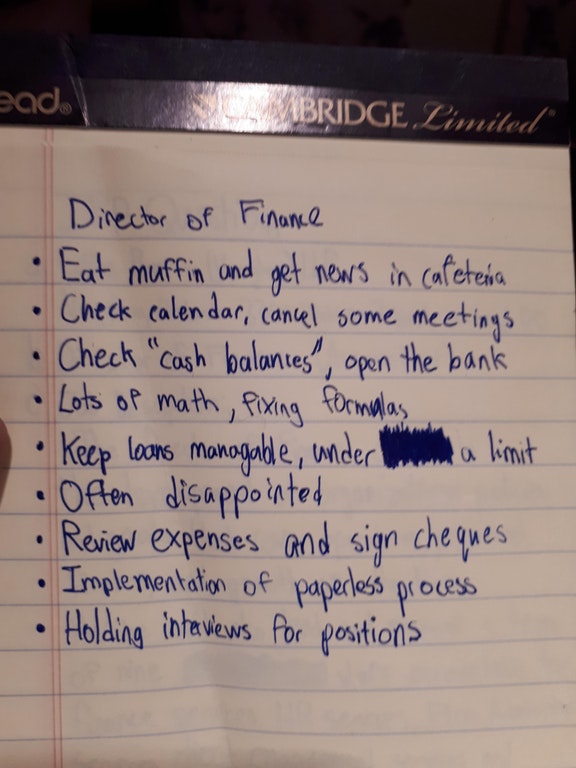
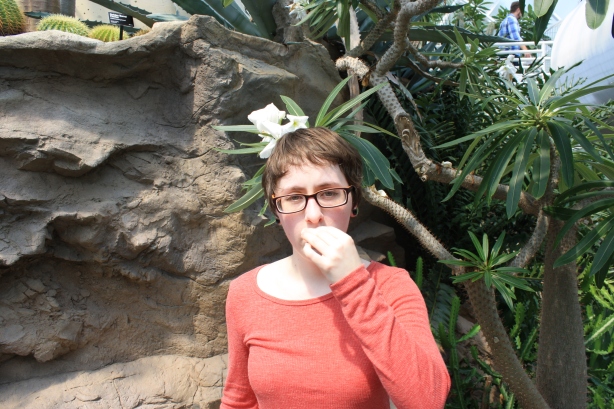




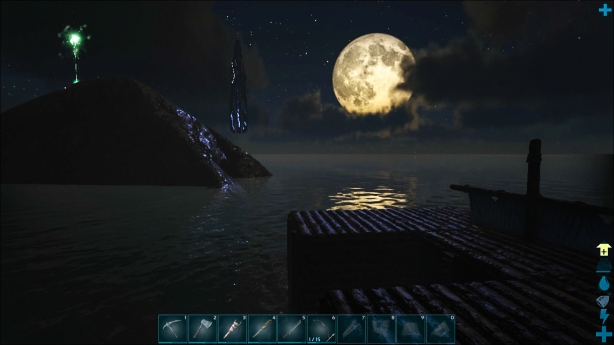

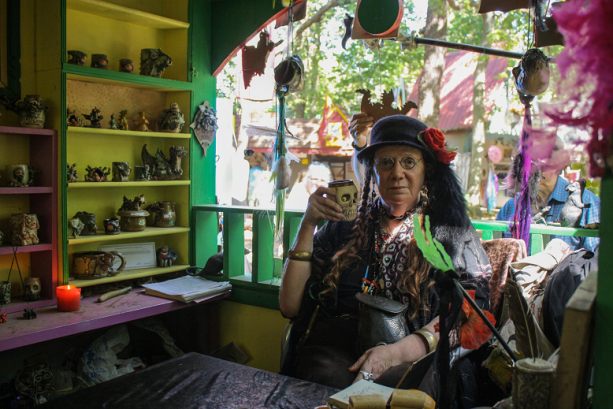
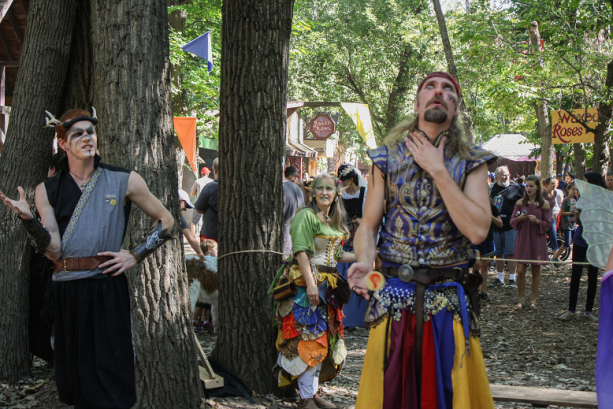
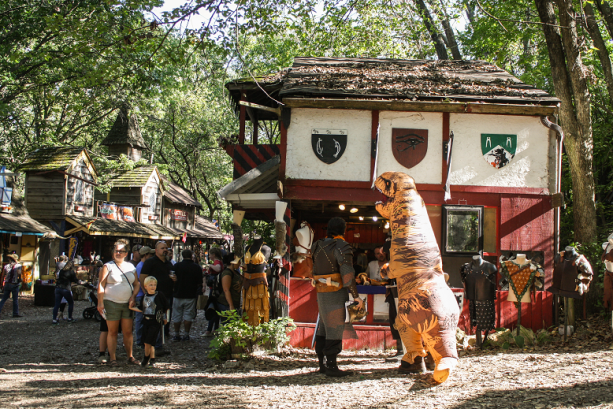



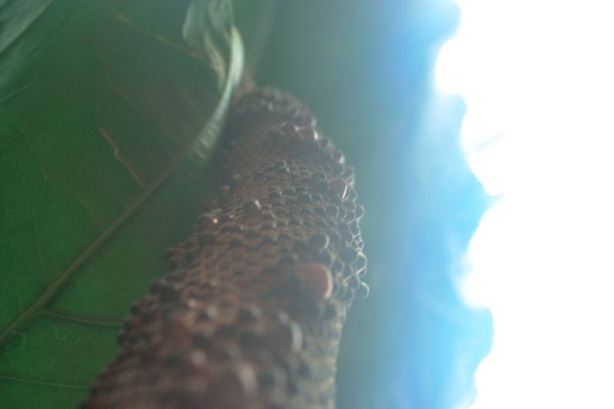
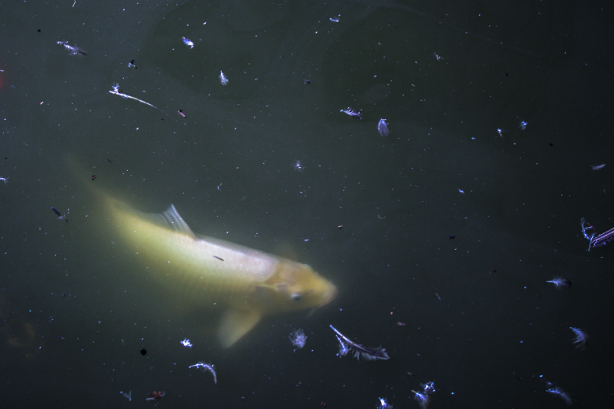



You must be logged in to post a comment.